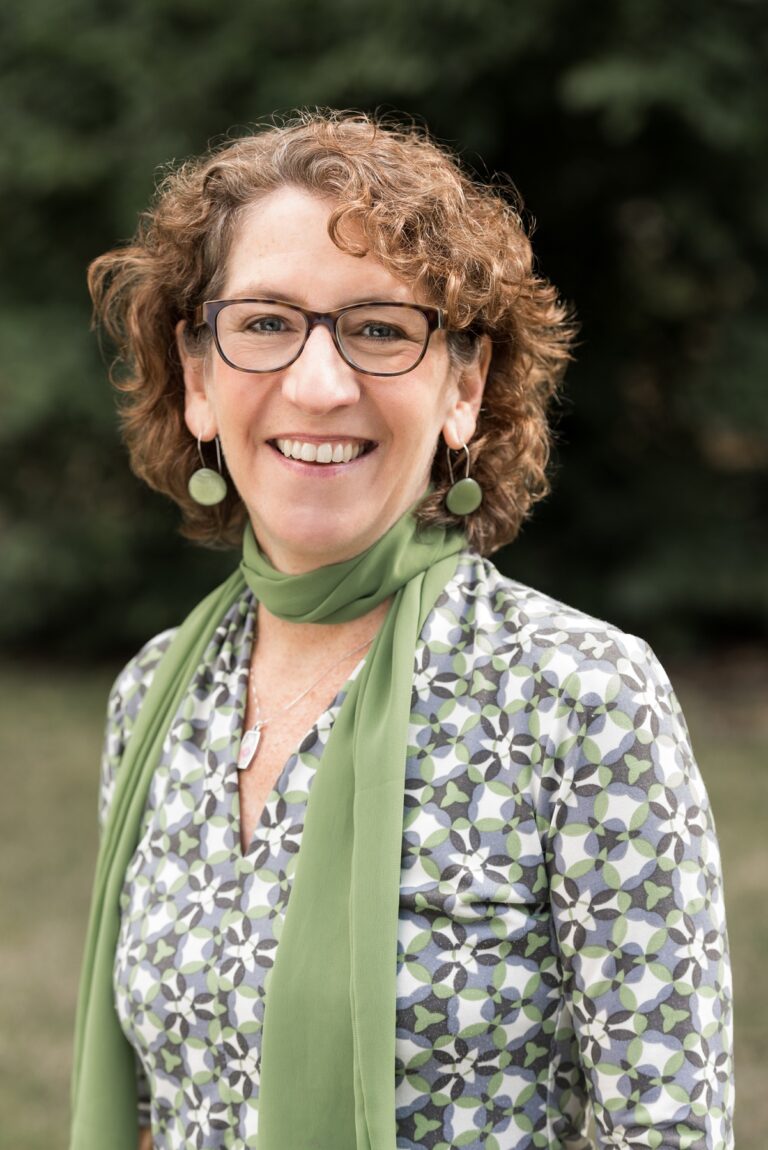CSDE Research Areas:
-
Environments and Populations
-
Wellbeing of Families and Households
In the News:
Mary Kay Gugerty is the Nancy Bell Evans Professor of Nonprofit Management and the Faculty Director of the Nancy Bell Evans Center on Nonprofits & Philanthropy at the Evans School of Public Policy & Governance, University of Washington. She is also the Principal Investigator for the International Program in Public Health Leadership.
Her research examines evaluation and impact measurement in the social sector; advocacy, accountability and voluntary regulation programs among nonprofit and NGOs; and community-based organizations and rural development in sub-Saharan Africa.
Gugerty's recent book, The Goldilocks Challenge: Right-Sized Evaluation and Monitoring for Social Sector Organizations is co-authored with Dean Karlan and published by Oxford University Press. Gugerty is also the lead editor of Voluntary Regulation of Nonprofit and Nongovernmental Organizations: An Accountability Club Framework, published by Cambridge University Press in 2010 and co-edited with Aseem Prakash and co-editor of Advocacy Organizations and Collective Action, also with Aseem Prakash and published by Cambridge University Press.
Gugerty’s research also explores issues in rural development and community development institutions in Africa. Current work examines the impact of women’s participation in agricultural self-help groups on household decision-making and agricultural production.

![]() website
website

